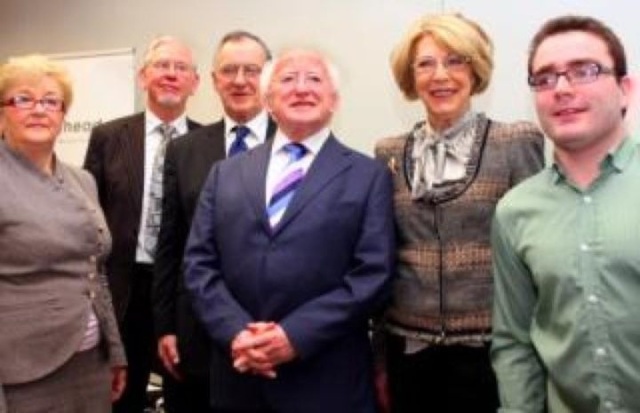Filling out your CAO is a very exciting time for every leaving certificate student. This is the first steps towards the real world for many of us. If like me you have a learning difficultly such as dyslexia, filling out the CAO can be a bit of a challenge and slightly daunting. However there really is nothing to be worried about.
When it comes to filling out your CAO the first thing you need to do is decide what college course is right for you. Having come from the very structured environment that is second level education this can be a very tough decision. The best piece of advice I can give you is to think about what you enjoy most either as a past time or in school. If you do this you should be able come up with a list of possible courses that are right for you. Remember that you know yourself better than anyone else.
After you have decided on the college and course of study that is for you. You will need to fill out your CAO Prior to doing this you should read the CAO handbook careful. If you have any difficulty with this I would strongly encourage you to ask your career guidance councillor for a bit of assistance as they have been the process many times before. Remember no question is a silly question.
If you have a learning disability or physical disability, you should disclose this on your CAO. You can do so by simply ticking the box which relates to disability on the CAO. After ticking the box you will be required to furnish the CAO with some extra information on how your disability has affected your ability to study to date. This is called the supplementary information forum. As part of this process you have to provide a report from an educational psychologist. You should note that this report must be no older than three years to the date of your CAO application.
Many people are concerned about disclosing their disability to the CAO as they believe it might disadvantage them. In fact this couldn’t be further from the truth. The supplementary information is designed to help you. It allows the admissions office in the higher education institution to take all the relevant factors under consideration. In other to give yourself the same chances as everyone else is important to as honest as possible. The information your provide as part of your CAO is confidential.
you’ve got nothing to lose. Tick the box and embrace urability!


